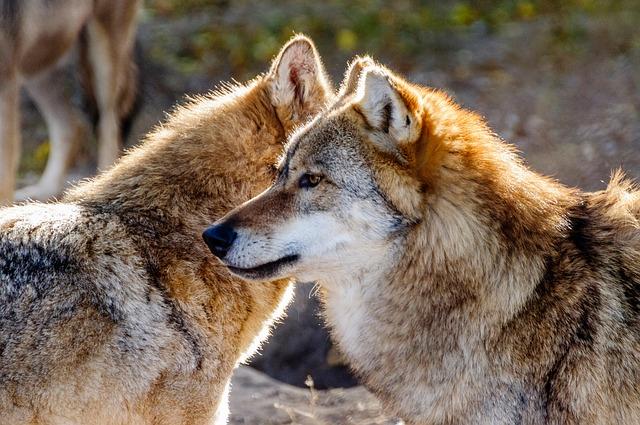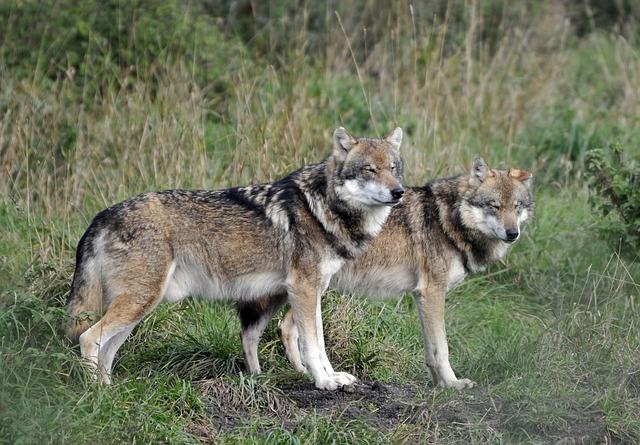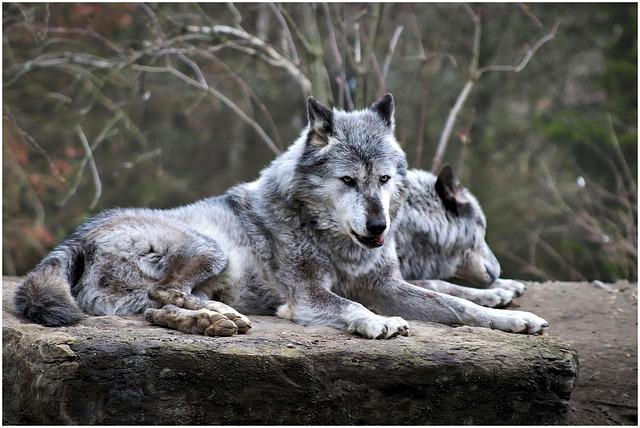Efforts to handle Wolf inhabitants in Southern Serbia
The wolf inhabitants in southern Serbia has grow to be a focus of wildlife administration methods, highlighting the fragile steadiness between conservation and agricultural pursuits. Native authorities and looking organizations have initiated a number of measures geared toward controlling the variety of wolves, which are sometimes seen as a risk to livestock. Among the many methods employed are regulated looking and public consciousness campaigns designed to coach communities about coexistence with these predators. The involvement of native hunters is essential, as they not solely cut back wolf numbers but additionally contribute to monitoring their conduct and well being.
Key features of the administration efforts embrace:
Inhabitants monitoring: Common surveys to evaluate the dimensions and well being of the wolf inhabitants.Looking Quotas: Institution of annual looking quotas to make sure sustainable administration.Neighborhood Engagement: Collaboration with native farmers to mitigate livestock losses by way of protecting measures.Analysis Initiatives: Research on wolf conduct to tell higher conservation practices.Administration StrategyDescriptionRegulated HuntingControlled hunts to handle wolf populations with out endangering their future.public AwarenessPrograms to coach the general public about wolves and their ecological function.Protecting MeasuresEncouraging farmers to implement strategies like guard canine and fencing.

The Ecological Influence of Wolves on Native Ecosystems
The presence of wolves in native ecosystems performs an important function in sustaining biodiversity and ecological steadiness. As apex predators, they assist regulate prey populations, which in flip impacts vegetation and the general well being of the environment. This dynamic is especially important in areas like southern Serbia, the place the interplay between wolves and their prey contributes to a thriving ecosystem. A few of the key ecological impacts embrace:
Prey Inhabitants Management: By looking deer and different herbivores, wolves stop overgrazing, permitting flowers to flourish.Affect on Scavenger Species: The carcasses left by wolves present a significant meals supply for scavengers, together with birds and different mammals.Habitat Creation: Wholesome prey populations led to a extra various vary of habitats as varied crops and bushes can develop with out being over-browsed.
Furthermore, the decline of wolf populations can result in varied ecological challenges, together with elevated herbivore numbers, which can consequence within the overconsumption of vegetation. This phenomenon can set off a cascade of adverse results,equivalent to soil erosion and the lack of plant species. For instance the significance of wolves,think about the next desk highlighting their impacts:
ImpactPositive OutcomesWolves on DeersLower deer populations stop habitat destruction.Scavenger SpeciesIncrease in scavengers attributable to accessible carcasses.Vegetation GrowthDiverse flowers creates balanced ecosystems.

Neighborhood Reactions to Looking Laws and Wildlife Administration

Methods for Sustainable Coexistence between People and Wolves
To foster a sustainable relationship between people and wolves, a multifaceted strategy is crucial. Training and consciousness applications geared toward native communities can play a crucial function in altering perceptions about wolves. Reasonably of viewing them solely as threats,peopel can study their ecological significance,together with their function in sustaining wholesome ecosystems. This data can result in extra collaborative behaviors, the place coexistence methods are prioritized over eradication strategies. Native governments can assist this by offering sources for workshops and informational supplies that spotlight the advantages of biodiversity.
Along with instructional efforts, efficient administration methods ought to incorporate scientific analysis and group enter. Some potential methods embrace:
Implementing regulated looking to regulate overpopulation whereas respecting conservation legal guidelines.Establishing designated wolf conservation areas that restrict human encroachment.Encouraging livestock safety measures, equivalent to fencing or guard animals, to mitigate conflicts.Monitoring wolf populations by way of monitoring and remark to make sure adaptive administration.
A cooperative framework involving native hunters, conservationists, and authorities businesses can create a balanced strategy that respects each wolf populations and the livelihoods of native communities.

Knowledgeable Opinions on the Way forward for Wolf Management in Serbia
Consultants agree that addressing the challenges of wolf inhabitants administration in Serbia requires a multifaceted strategy. Key concerns embrace:
Ecological Steadiness: Sustaining a wholesome ecosystem is essential. Wolves play a significant function in controlling prey populations, which will help stabilize biodiversity.Human-Wolf Battle: Discovering frequent floor between the wants of rural communities and wildlife conservation is crucial.Efficient communication and schooling about wolves can cut back fears and misunderstandings.Authorized framework: Strengthening legal guidelines and laws surrounding wolf administration can create a extra structured strategy, guaranteeing that any management measures are sustainable and moral.
Moreover, collaboration between stakeholders is paramount.This contains:
Native Authorities: Involving municipalities in decision-making processes can result in regionally tailor-made options that respect each the atmosphere and the livelihoods of residents.Researchers and Conservationists: Full research on wolf populations and their impression on native ecosystems can present helpful knowledge to tell insurance policies.Hunters and Agricultural Associations: Partaking with these teams can foster a way of joint obligation in managing wolf populations, bridging gaps between conservation efforts and financial pursuits.

Suggestions for Bettering Wildlife Administration Insurance policies
To reinforce the efficacy of wildlife administration insurance policies,it’s essential to undertake a holistic strategy that includes native communities,ecological analysis,and sustainable practices. Partaking native stakeholders, together with hunters, conservationists, and indigenous populations, is significant for creating insurance policies that replicate the nuanced dynamics of ecosystems. By fostering collaboration, policymakers can be certain that various views result in extra balanced administration methods that align with each financial and environmental objectives.
Furthermore, implementing rigorous scientific monitoring and adaptive administration practices can enormously enhance wildlife coverage frameworks. Key suggestions embrace:
Common inhabitants assessments: Conduct systematic surveys to collect correct knowledge on wolf populations and their impacts on native ecosystems.Public schooling initiatives: enhance consciousness concerning the ecological function of wolves to mitigate human-wildlife conflicts.Habitat restoration initiatives: Prioritize areas needing ecological restoration to make sure sustainable habitats for wolves and different wildlife.
As well as, addressing legislative gaps and guaranteeing transparency in wildlife administration processes is crucial for fostering public belief. A complete analysis of current legal guidelines and laws can determine areas requiring reform, equivalent to:
Coverage AspectCurrent StatusRecommended ActionWolf Inhabitants ControlLack of clear regulationsDevelop particular pointers for sustainable looking practicesCommunity InvolvementMinimal engagementEstablish platforms for stakeholder dialogData TransparencyPoor accessibilityEnhance public entry to wildlife administration knowledge

In Retrospect
the continued efforts to handle the wolf inhabitants in southern Serbia replicate a fancy interaction between wildlife conservation and the wants of native communities. Whereas hunters intention to take care of a steadiness that safeguards livestock and promotes coexistence, their actions should even be weighed towards the ecological significance of wolves inside the ecosystem. As stakeholders proceed their dialogue, it’s certainly important to prioritize sustainable practices that defend each the cultural heritage and the pure atmosphere of the area. The scenario in southern Serbia serves as a crucial case examine in wildlife administration, illustrating the challenges and obligations that include preserving biodiversity whereas addressing human issues. Transferring ahead, a collaborative strategy that features native communities, conservationists, and policymakers might be important in guaranteeing that each wolves and residents can thrive collectively in concord.
Source link : https://europ.info/2025/03/02/serbia/hunters-work-to-control-wolf-population-in-southern-serbia-dw-english/
Creator : William Inexperienced
Publish date : 2025-03-02 21:22:00
Copyright for syndicated content material belongs to the linked Source.


